
‘Innovator passports’ set to boost UK health tech rollouts
A new ‘innovator passport’ -- set to be introduced over next two years -- will allow new technology that has been robustly assessed by one part of the UK’s National Health Service (NHS) to be more easily rolled out to others.
Healthcare innovations need to be thoroughly tested before being widely adopted, but of course this can slow down potentially life saving innovations from reaching the people who would benefit from them.
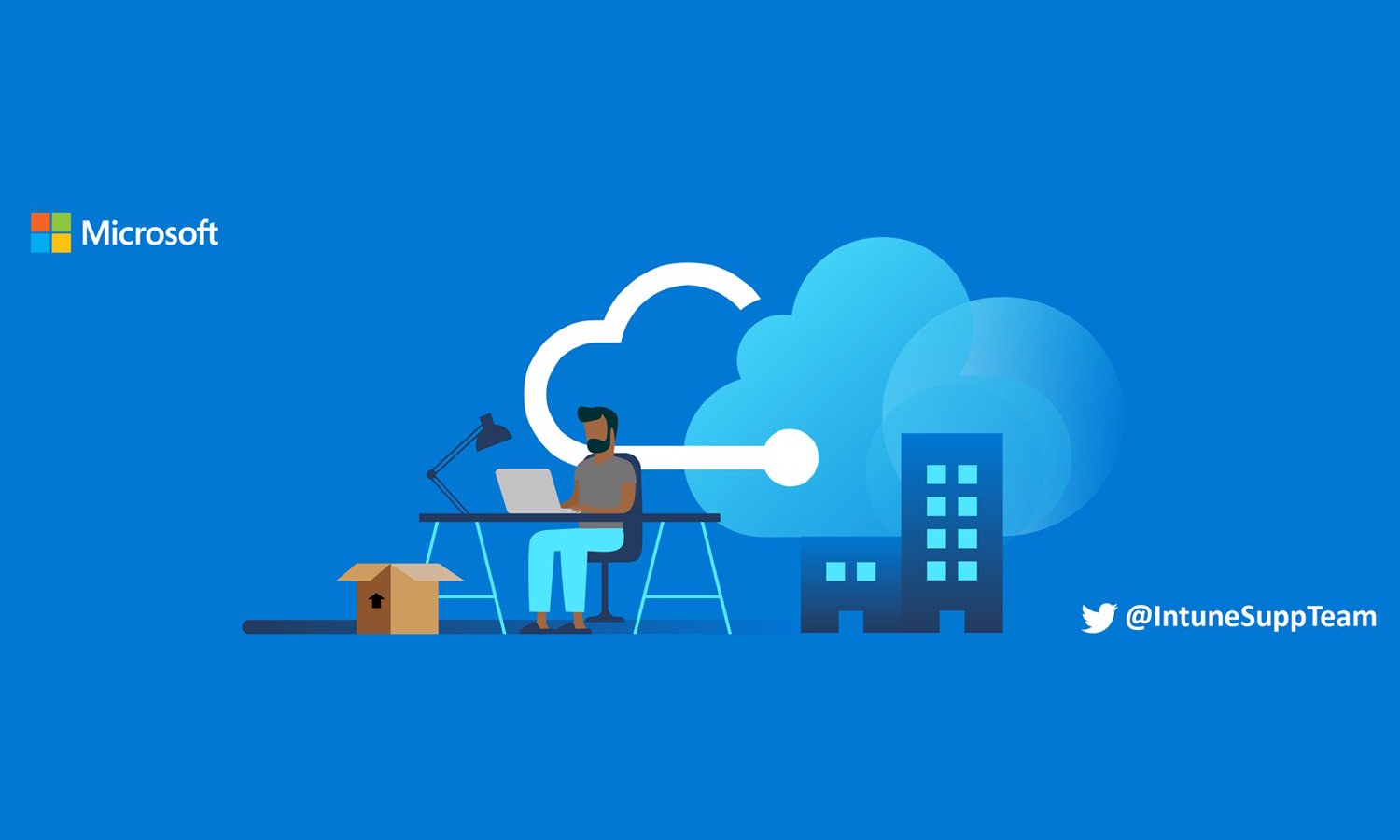
Microsoft acknowledges Intune issue that wipes out security customizations
Microsoft has published a warning about a problem in its Intune management software that stops customizations from being saved. Stemming from an issue in the security baseline policy update flow, an update can wipe out settings that have been put in place by administrators.
Although Microsoft has acknowledged the problem, the company is currently working on working out how to address it. In the meantime, Intune users are being told to use a workaround that could prove to be time-consuming for many.
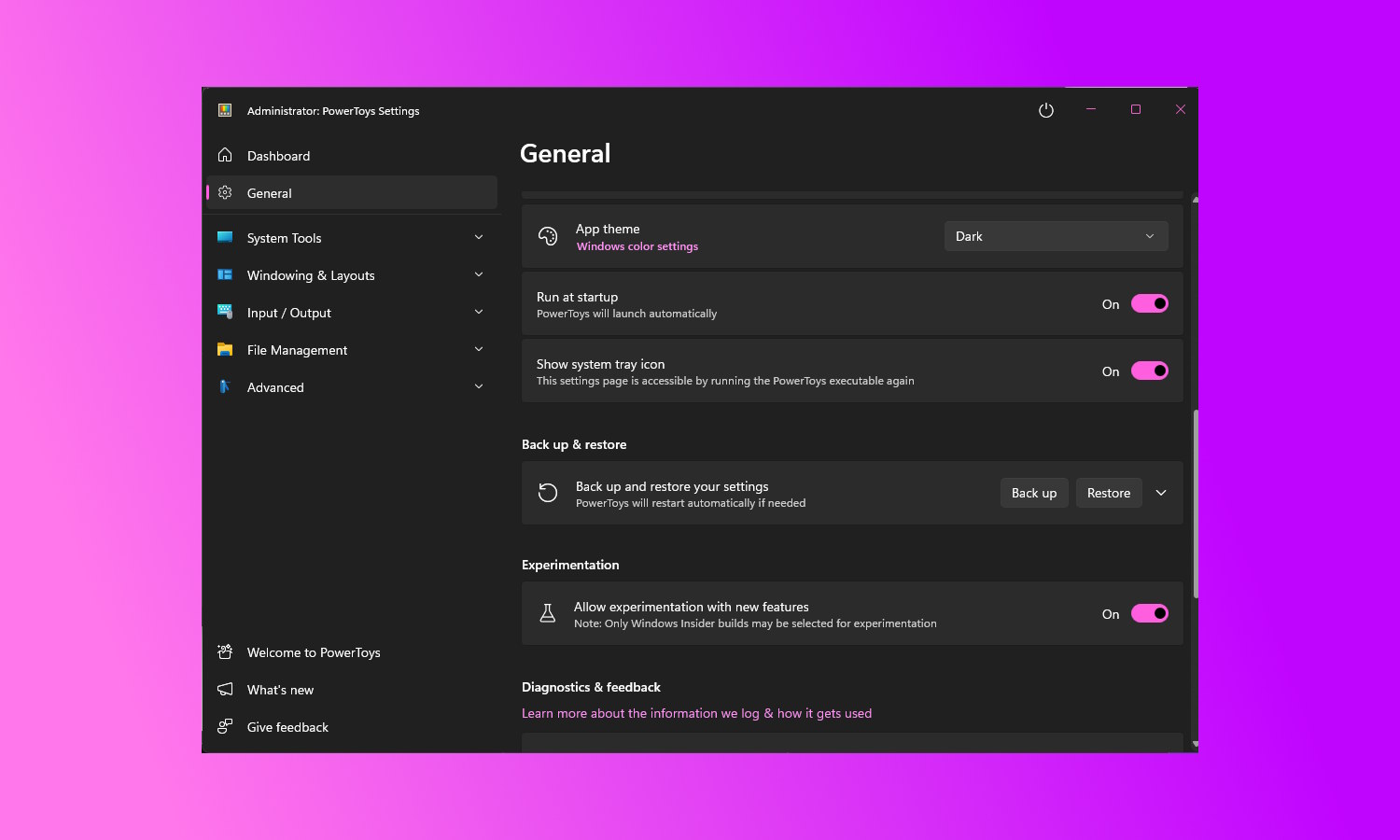
Microsoft releases PowerToys v0.92 with new features for many modules
If it feels as though it has been a while since PowerToys received an update, that’s because it has been a number of weeks. But now this changes. Microsoft has launched PowerToys v0.92.0 as part of a release cycle that focuses on new features, stability, optimization improvements, and automation.
Every PowerToys release causes fans of the utility suite to ask whether any new modules have been added. This time around there are no completely new utilities to play with, but there a so many modules that have gained new features and improvements that it’s hard to remain disappointed for long.

How AI is changing the way organizations nurture talent [Q&A]
Recruiting, training and retaining staff is very much a human issue rather than a technology one, right? Not necessarily, using data and insights from AI organizations can measure and improve employee performance as well as creating a more welcoming and inclusive work environment.
We spoke with Dr. Serena Huang, founder of Data with Serena and author of The Inclusion Equation: Leveraging Data & AI for Organizational Diversity and Well-Being, to learn more about how data can be used to drive meaningful progress in DEI and employee well being.

X turns to AI-powered bots to write Community Notes to clarify posts
X has announced the latest addition to Community Notes as the social platform seeks ways to replace third-party fact checkers. The company is giving developers the option of building AI bots that can write notes that provide further details, clarity and context for posts.
The AI Note Writers are not being allowed to run completely free, however. X says that the aim of the AI Note Writer API is to help humans rather than replace them, pointing out that the bots “must earn the ability to write notes, and can gain and lose capabilities over time”.

Forget about Fake Cell Towers and Spying Threats: Android 16 Introduces New Security Features
Mobile security enhancements have become an essential part of OS developments. To make mobile security better, Google has announced that Android 16 will include a feature that detects and warns users about fake or insecure cell towers and an often-overlooked threat that can be used to spy on individuals or steal sensitive data.
This new feature is part of strategic efforts by Google to strengthen privacy protections within its mobile ecosystem. As detailed in recent reports from Android Authority, the upcoming version of Android will notify users when their devices connect to suspicious mobile networks, particularly those attempting to gather identifying information or lacking encryption.

Google Expands its AI Overviews to YouTube App, Starting with U.S. Premium
Google-owned YouTube started testing a new “AI-powered search results carousel” to help users find what they are looking for faster.
The new feature is only available on the mobile apps (iOS and Android) and only in English. Only a small, randomly selected group of YouTube Premium members in the United States who opt in through the YouTube Labs page will have access to this new feature.
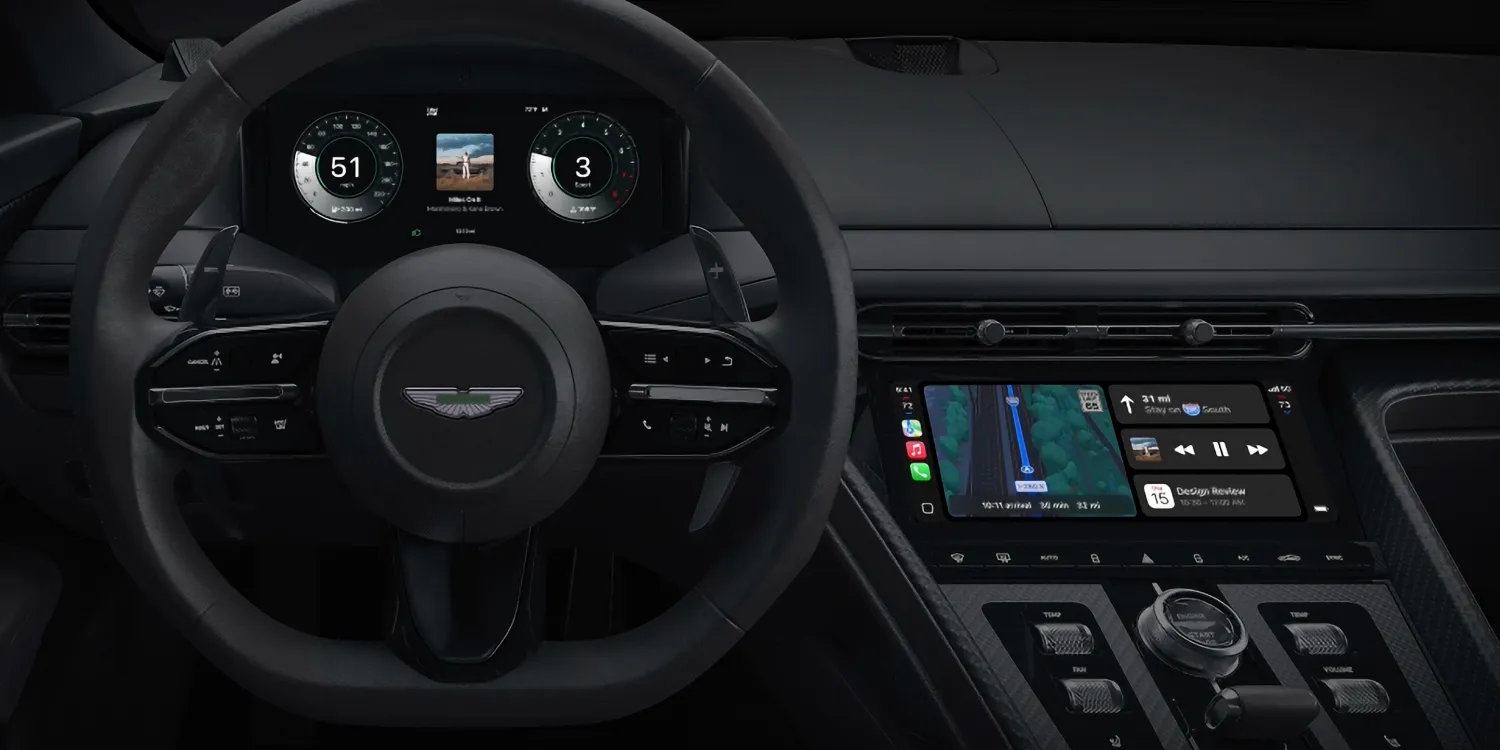
Apple’s CarPlay Ultra Comes to a Halt as Industry Giants Start Changing Their Minds
Apple’s CarPlay Ultra Comes to a Halt as Industry Giants Start Changing Their Minds
Despite appearing on Apple’s planned partner list, Mercedes and Audi have stated that they will not be supporting Apple’s upcoming CarPlay Ultra, and they are not the only ones. BMW, Volvo, Polestar, and Renault also stand with Mercedes and Audi in rejecting CarPlay Ultra.
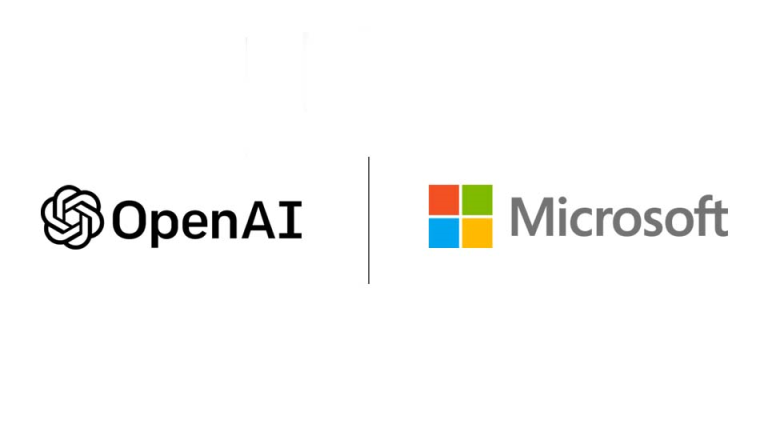
OpenAI & Microsoft Partnership Is On Shaky Ground as Altman Admits ‘Points of Tension’
In a New York Times podcast released late Tuesday, OpenAI CEO Sam Altman revealed he had a private call with Microsoft chief Satya Nadella “on Monday” to hash out the future of their alliance, conceding there are “points of tension.”
Microsoft is OpenAI’s biggest investor. Back in 2019, Microsoft wrote a $1 billion check for OpenAI, and in return, gained preferred access to OpenAI’s models. That stake has since ballooned to an estimated $13 billion.
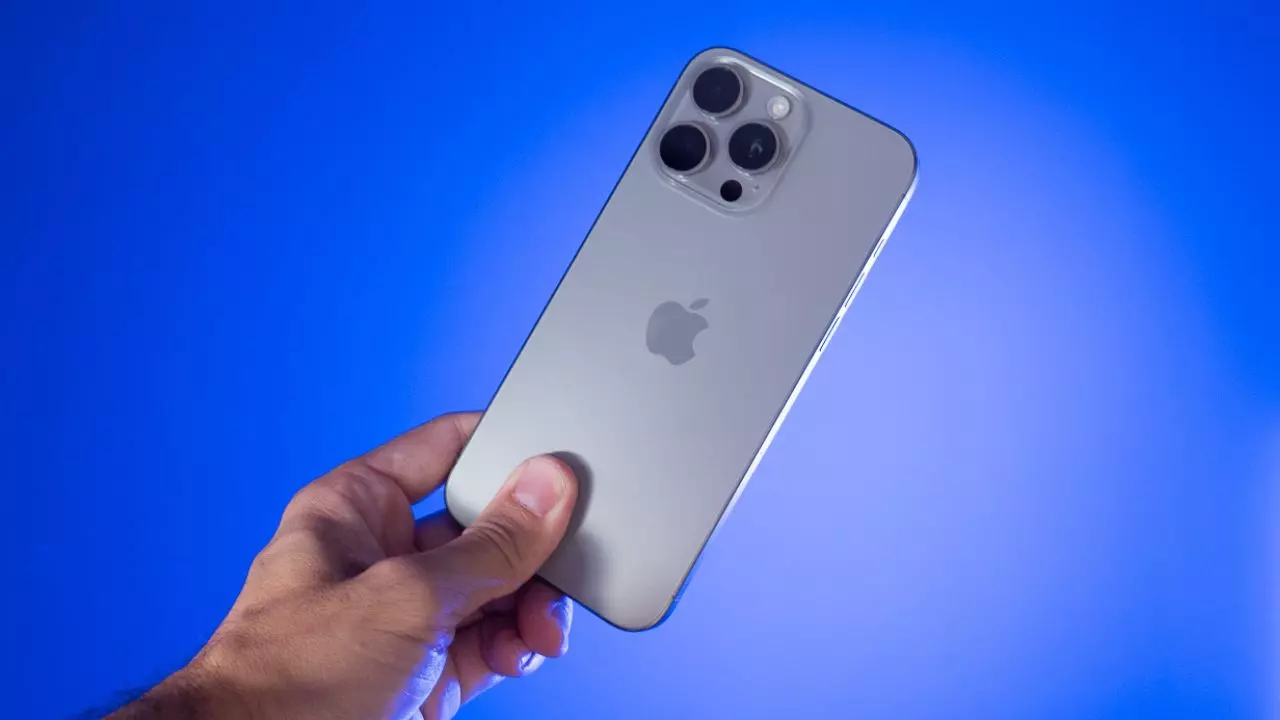
Apple’s Liquid Glass Control Center Gets a Much-Needed Fix in iOS 26 Beta 2
Apple’s design refresh for iOS 26 has been making a big excitement since its reveal, but not all the users’ reactions were positive, especially when it came to the new Liquid Glass Control Center. Some early testers quickly found themselves squinting at their screens, struggling to read essential things and sliders through a nearly transparent sheet.
Thankfully, it seems Apple was listening: the newly released second developer beta brings a key update that resolves this issue easily.
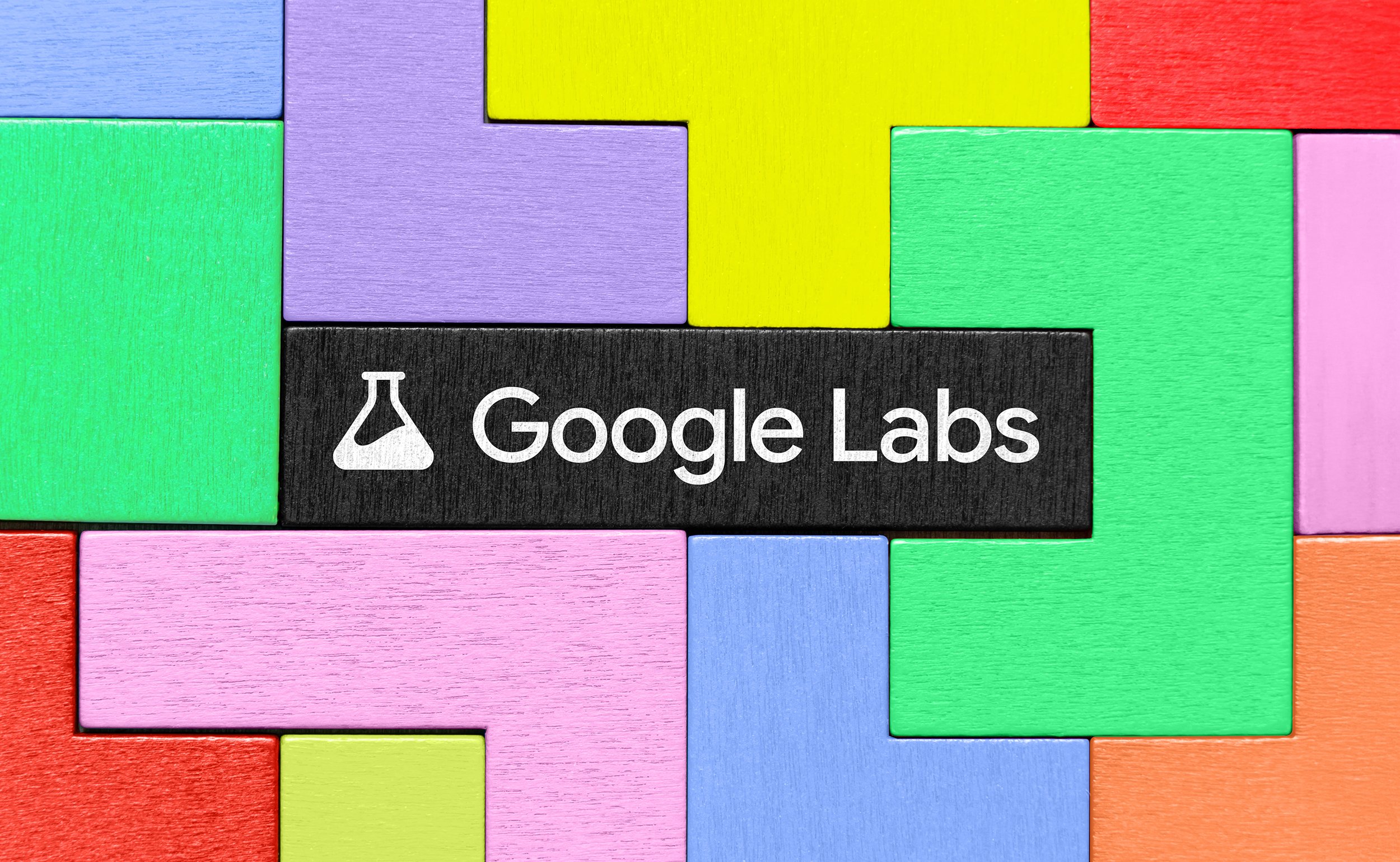
Talking to Google Just Got Real: Real-Time Voice Conversations Launched with AI Mode
Google’s search experience is evolving and taking the next step with the launch of Search Live, a new great tool that allows people to interact with search and receive answers in real-time using their voice. This tool is now available in the U.S. for iOS and Android users who have joined the AI Mode experiment through Google Labs.
The main point of this new AI feature is to make the searching process more natural for the users. It should be like a real-time voice conversation instead of just a string of typed keywords. It’s designed for users who are often on the go or need quick answers while doing other things.

16 Billion Passwords Exposed: Major Leak Hits Apple, Facebook and Google Users
The largest password leaks are now recorded. 16 billion login credentials, including usernames and passwords, have been exposed online. The leak impacts Apple, Facebook, Google accounts, and some other platforms that people use daily.
The breach, uncovered by researchers at Cybernews, is believed to be the work of multiple infostealer malware groups operating globally. Their investigation, ongoing since early this year, identified 30 separate datasets, each containing millions of stolen records. Many of these datasets were previously unknown, adding to the severity of this discovery.
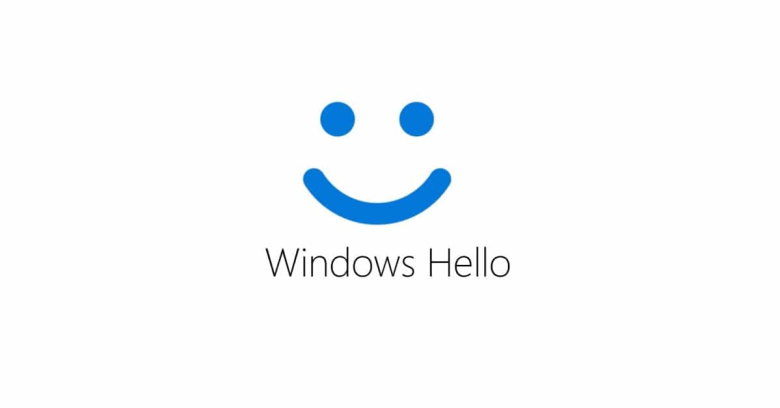
Windows Hello Facial Recognition Fails in the Dark After Update
Microsoft’s latest Windows update has created a big confusion. Many users are actively complaining that Microsoft weakened the facial recognition feature, Windows Hello, and now they can’t sign in to their devices in the dark or low light conditions.
Windows Hello’s main advantage was its ability to instantly unlock devices with the help of facial recognition, regardless of the time of day, thanks to its camera technology. However, since a recent update, this feature has become unreliable when the lighting is poor, forcing users to manually enter pins and passwords instead.

Google to Kill Instant Apps. Wait, They Existed?
After quietly existing for years, Android Instant Apps are officially heading to the Google graveyard. The feature will be shut down in December 2025, and if you're wondering what Instant Apps even are… well, you're not alone.
Launched in 2017, Instant Apps were supposed to let users try out apps without installing them. You’d tap a link, maybe in a message or search result, and a stripped-down version of the app would open instantly, like a demo. No waiting, no download, no commitment.

Website owners fear Google’s AI search, but is this concern reasonable?
With the fast arrival of artificial intelligence, Google has integrated AI search features directly into the search engine.
This new strategy brought excitement among users, as well as among website owners and publishers. Many of them fear that Google’s new AI-powered search results may diminish traffic to their sites, impact websites’ revenue, and completely change the way people find information online.
